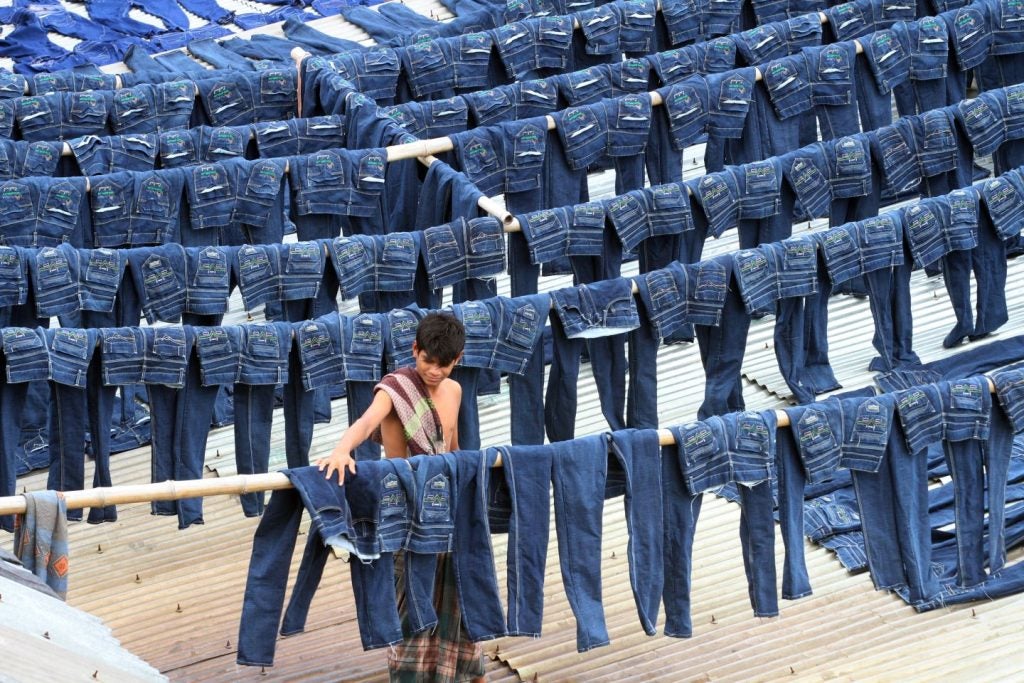The Centre for Policy Dialogue says the minimum wage in Bangladesh remains at $72.42 per month and it retains its position as the lowest in the region, primarily due to significant currency devaluation amid economic challenges.
The standard family food cost is set at BDT16,529, but garment workers can only afford to spend BDT9,198, which covers 56% of the required amount. In fact, for grade 7 workers, the gap is even higher, as they can only spend BDT5,344 on food. As a result, the workers are forced to abstain from including essential items like eggs, sugar, fruits, and milk in their diets, compromising their access to healthy nutrition.
In 2023, there has been a 25% increase in the non-food cost for workers’ families, bringing the mean expenditure to BDT12,882, compared to the 2022 figure of BDT 10,313. The escalating expenses of children’s education have also played a role in driving up the overall non-food costs for workers’ families.
Dr Khondaker Golam Moazzem, research director, Centre for Policy Dialogue (CPD), proposed the following minimum wage adjustments for different grades in Bangladesh — Grade 7 at BDT17,568, Grades 5 and 6 at BDT19,310, Grade 4 at BDT21,808, Grade 3 at BDT23,533, Grade 2 at BDT34,603, and Grade 1 at BDT41,005.
He urged the minimum wage board should reinstate the share of basic wage to at least 55% in the new wage structure. He added that, instead of specifying a fixed amount, other elements of the wage structure should be established using a percentage-based system.
"Workers often remain in their positions for extended periods without any promotion, Moazzem said. "Hence, a mandatory time-bound rule should be established for factories to promote workers by grade."
Tamim Ahmed, senior research associate, CPD, added: "Many factories are not adhering to the grading system, resulting in workers receiving salaries below the minimum wage and missing out on necessary increments."
He proposed the establishment of a tripartite committee within the next three months to oversee and facilitate this process.
“‘Brands and buyers should express their commitment to the implementation of the new minimum wage by issuing an official letter, which will require increasing the price of the product by 7 cents to adjust the cost proposed minimum wage,” he added.
However, Faruque Hassan, president of the Bangladesh Garment Manufacturers and Exporters Association (BGMEA), shared concerns that factories are currently struggling to operate while also retaining their workforce.
"The main focus now is on increasing earnings to enable the retention of employees. Although increasing the minimum wage remains a priority, its execution will require more time and effort.”
While Md Siddiqur Rahman, former President, BGMEA, said higher wages may drive buyers to cheaper markets, potentially causing businesses to lose customers and workers to lose jobs.
Mohammad Hatem, executive president, Bangladesh Knitwear Manufacturers and Exporters Association (BKMEA), added: “Factory owners invested in automation, greening RMG factories and are also attempting to ensure compliance. However, buyers have not raised the product price despite these efforts.”















